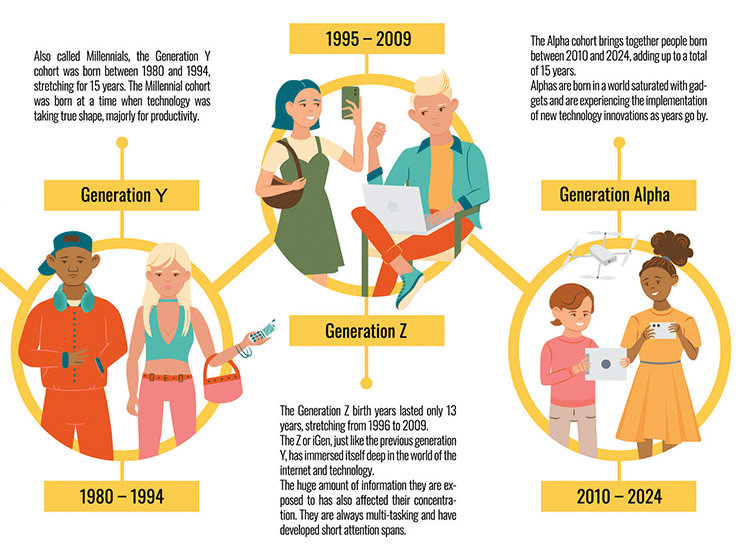Return to 1st Quarter 2024 articles.

Generation Z is a label applied to those born between circa 1996 and 2010. These young people have grown up with climate concerns and lives run by digital controls. Gen Zers have been bombarded by hypocrisy in adults, threats of violence, and an atheistic government lacking moral standards. How do those factors affect Generation Z questions and faith?
Those who study demographics tell us that 33% of these young people believe it is impossible to know if God is real. Only 4% have a biblical worldview, and less than 40% identify themselves as “Christian” in the broadest sense. It is not hard to understand why these numbers exist, but more importantly, how can we address Generation Z questions and needs?

The answer is not in preaching to them or quoting scripture. That does not mean the Bible should not be part of addressing their needs, but we must change how we approach them. How did Jesus address the struggles of his disciples and other people of his day? In Luke 7:20-23, John the Baptist sends men to Jesus, asking if he was the one the prophets had said would come. How did Jesus respond to the question? In Luke 7:22, he said, “Go and tell John the things you have seen and heard.” He then refers to the evidence of the miracles performed. When Thomas did not believe that Jesus had risen, what did Jesus do? (see John 20:26-28). In Luke 24:36-43, the disciples were frightened, thinking they were seeing a ghost. Jesus said to them, “Why are you troubled, and why do doubts rise in your minds? Look at my hands and my feet. It is I myself! Touch me and see.” He then ate a piece of broiled fish so they could see he was real.
The point is that Jesus dealt with doubt by showing evidence. He did not tell them to blindly believe. He did not quote scripture to them. If Jesus appeared in the flesh today, some people would still find a way to deny him, as the religious leaders of that day did. However, our discussion must center around evidence, not human-made creeds or denominational dogma, and it must be backed up by living a Christ-like life.

We must show evidence that God is real, that we are uniquely created in God's image, and that we have a soul that makes us different from other forms of life. Furthermore, the teachings of Jesus show that he is far beyond a mere human, and following his instructions can give us a life of fulfillment and purpose. Generation Z questions are the same things people asked of Jesus. We have the tools to address those questions as we show the reality of faith by how we live our lives.
Picture credits:
© cookiestudio/Bigstock.com
© Flowart/Bigstock.com
© Macrovector SLU/Bigstock.com
Scripture links/references are from BibleGateway.com. Unhighlighted scriptures can be looked up at their website.
